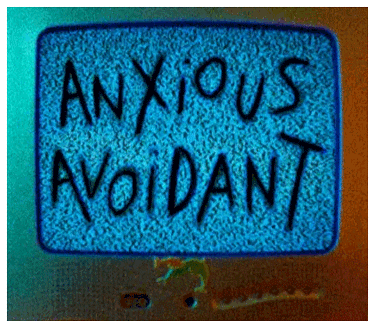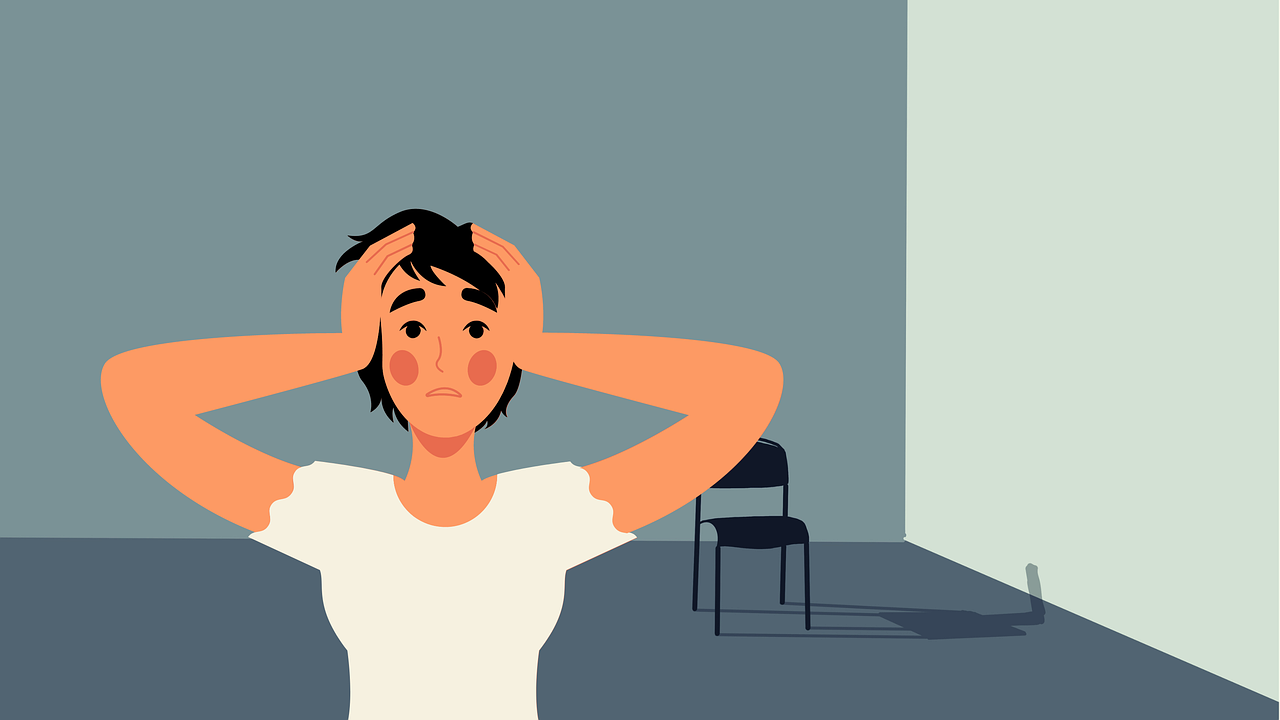

Hello, today we have another interesting quiz for you! If you are interested in psychology, you may have heard of the avoidant personality, which will be today’s topic. We have test for avoidant personality disorder. We will also take a closer look at how a person with an avoidant personality behaves and feels. How does the avoidant personality arise? Is it possible to live with it normally? You will know the answer to these questions and be able to take a test to see if you manifest an avoidant personality. Stay with us and learn more! And take our Avoidant Personality Disorder Test!
If you like psychological tests, also take the Trust Issues or the Obsessive Love Disorder tests.
Avoidant personality is a personality disorder that causes a person to avoid social contact and close relationships in their life. These individuals have high levels of anxiety in social situations, so they begin to withdraw from social life to protect themselves from unpleasant stress. This is the general outline of this disorder. If you want to know more, take our Avoidant Personality Disorder Test.
People with an avoidant personality experience severe anxiety and have low self-esteem. These individuals actually crave relationships and feel the need for closeness, but are unable to overcome their anxiety and may withdraw from social life even despite encouragement and support. A person with avoidant disorder does not get out of his or her comfort zone, does not come to meetings, does not write back messages, does not answer phone calls.
Low self-esteem means they do not have enough courage. Such a person sees himself as a person of no value, which is why he prefers to avoid rejection from others instead of trying. People with an avoidant personality sooner or later lose friends because they do not engage enough in relationships or are seen as too suspicious and strange. People with this disorder are also inhibited in expressing emotions and are therefore at risk of developing depression.

The criteria by which this disorder is diagnosed are:
According to these criteria, a disorder is usually diagnosed. If a person manifests most of these things, they are likely to have avoidant personality disorder. Our Avoidant Personality Disorder Test can check in detail whether you have these symptoms.
Personality disorders are based on innate temperament and personality traits. Avoidant personality is characterised by introversion, shyness, high sensitivity and a tendency to view situations negatively.
These traits alone do not immediately cause an avoidant personality, but when overly difficult events, traumas and stressful situations occur in life that the person cannot cope with, he or she may develop an avoidant personality. Also, how a person was treated as a child matters. When a child is not accepted, does not experience understanding and love from parents or peers, this can influence the development of an avoidant personality disorder.
People with this personality type feel a constant tension when dealing with people. They feel embarrassed and are very sensitive to criticism and rudeness. They constantly analyse their behaviour and often overthink everything they have said in a given conversation. These individuals are also reserved in showing their feelings, are cautious and low-key. They isolate themselves socially and escape into their inner world. They fantasise and daydream a lot. These are similar symptoms to social phobia, which they may also manifest.

Life for people with an avoidant personality is much more difficult. People are required to have social skills, we need to interact with each other to survive, for example at work or school. We also need close relationships. People with avoidant disorder are very lonely. They have to deal with their problems alone and are often misunderstood by others. They would like to be accepted unconditionally, but people often fail to show such empathy. If you feel like this, you can take Avoidant Personality Disorder Test to check if you have the symptoms.
The two disorders may be very similar, but nevertheless there are some significant differences. In the case of social anxiety, the symptoms are situational. They only manifest themselves in a given situation. Anxiety appears and disappears. As a result, people with social anxiety do not avoid social contact as much, have a working and family life, and try to make connections. In the case of the avoidant personality, the anxiety is much stronger and accompanies the person almost all the time.
What if it’s social anxiety and not an avoidant personality? Take our Social Anxiety Test to be sure!
A person with an avoidant personality usually cannot imagine life without this anxiety because they have always felt this way. In contrast, people with social anxiety acquire this anxiety over time. It can be said that the difference between social anxiety and avoidant personality disorder is that in avoidant personality disorder the anxiety is much more intense, lasts all the time and makes the person unable to function normally. Take our Avoidant Personality Disorder Test to check if you have the avoidant disorder.
Like any other mental disorder, avoidant personality can be treated therapeutically. Group therapy is proving to be the most effective here, which allows and even somewhat forces these people to come into contact with other people. In this way, these people can also experience the understanding and acceptance they so need. Sometimes pharmacotherapy is also used to reduce anxiety and depressive states.
How does therapy work for people with avoidant personalities?

All of this makes life much easier for a person with avoidant behaviour. These people have a chance to live a normal life if they get the right help. Therefore, if you notice similar symptoms in yourself, don’t be afraid to seek psychological help. Therapy really does help and it is worth taking advantage of.
Now you can take our Avoidant Personality Disorder Test!
We have prepared Avoidant Personality Disorder Test for you to find out if you have avoidant personality disorder. The test will examine whether you manifest symptoms typical of this disorder. If you have any suspicions, you’d better take our Avoidant Personality Disorder Test and get to know yourself more.
Valentine’s Day is coming up, so take our Am I in Love Quiz!
Remember that nothing can replace a visit to a specialist psychologist. Only a specialist can determine the correct diagnosis, and as we wrote earlier, avoidant personality disorder can be similar to other disorders such as social anxiety, for example. Distinguishing between the two and choosing the right therapy is key to treatment. Our Avoidant Personality Disorder Test can only suggest to you that you have most of the symptoms. This could be your start to a new and better life.